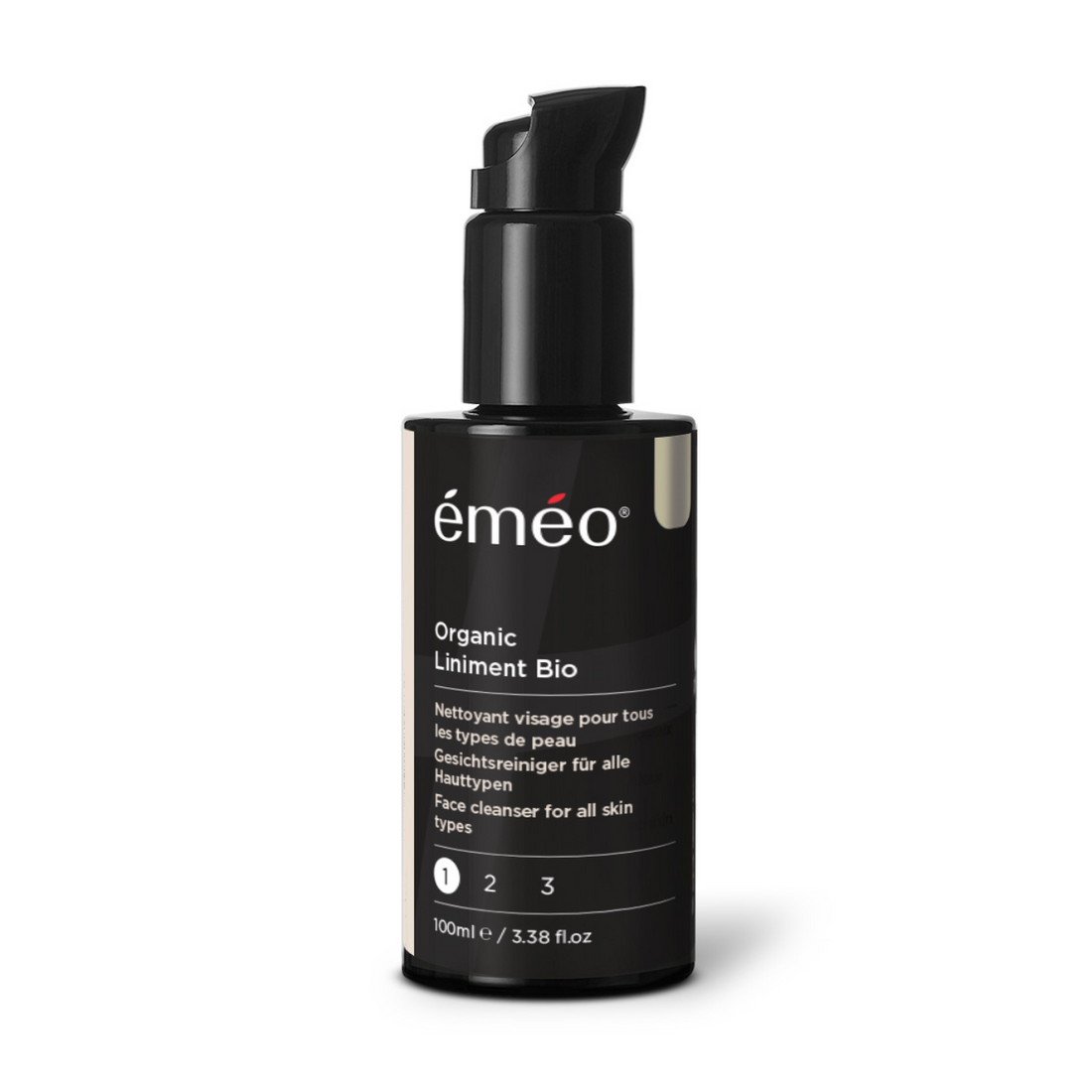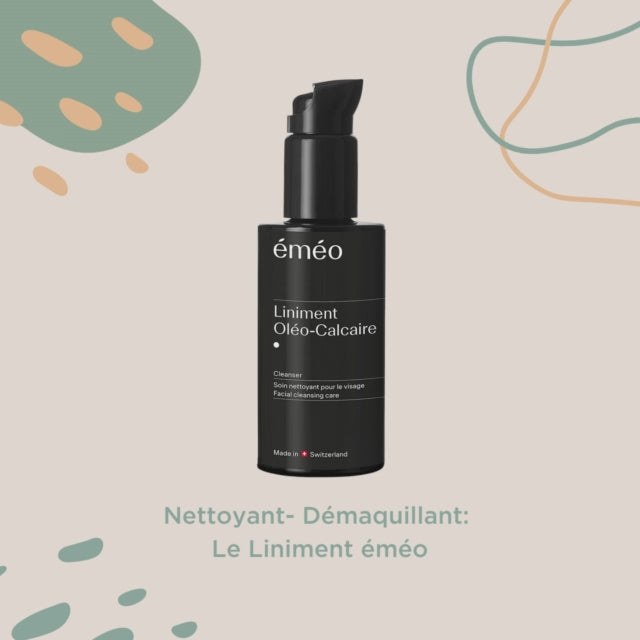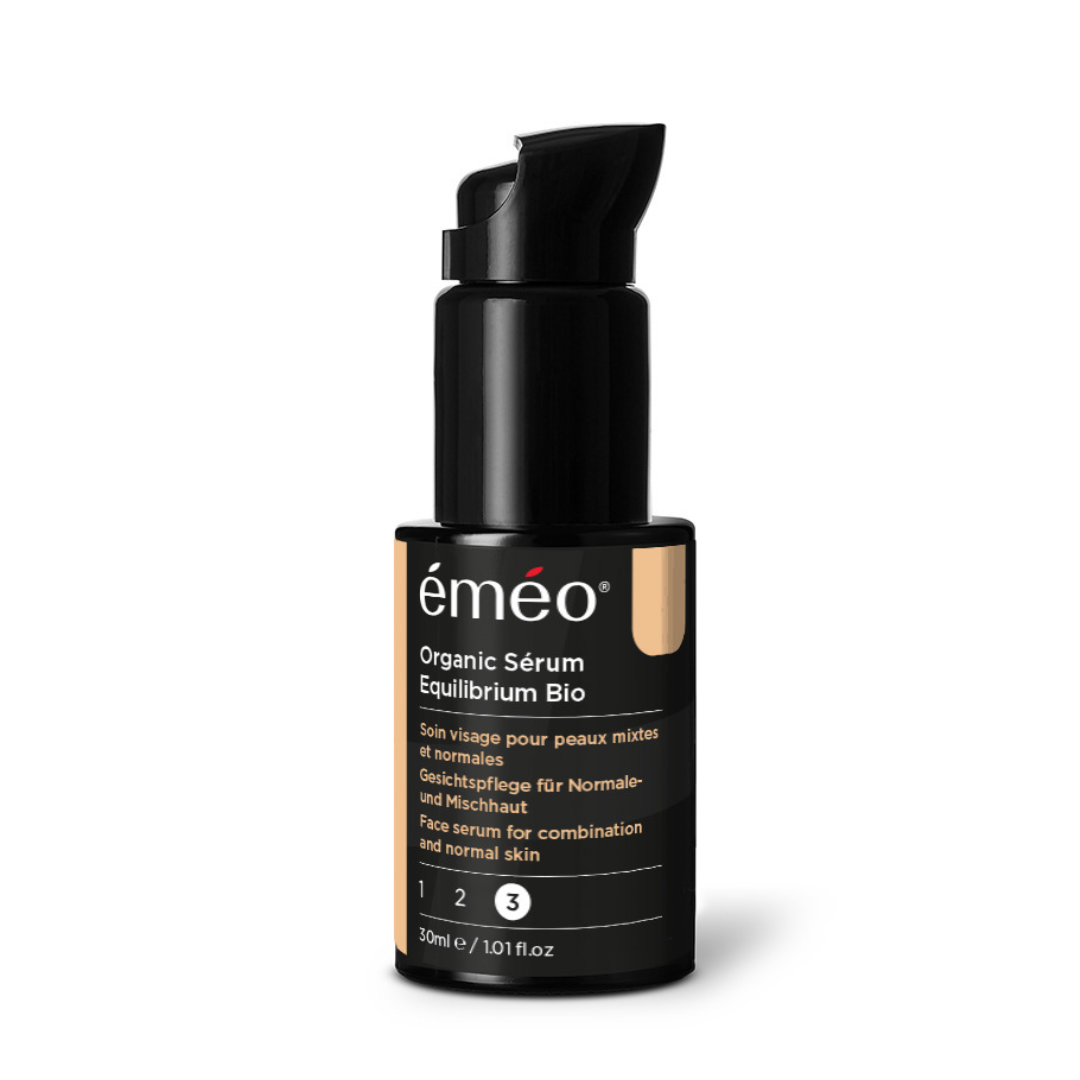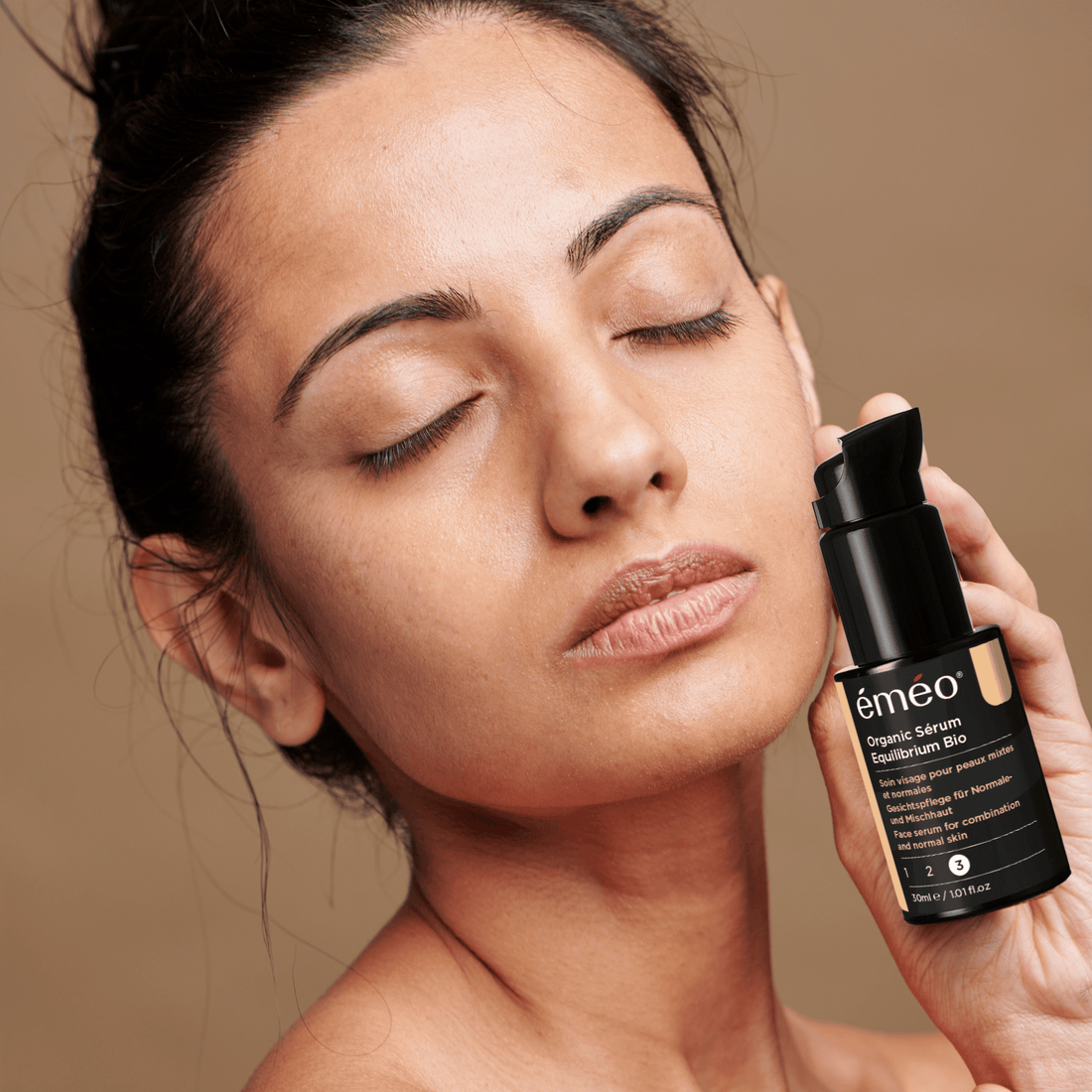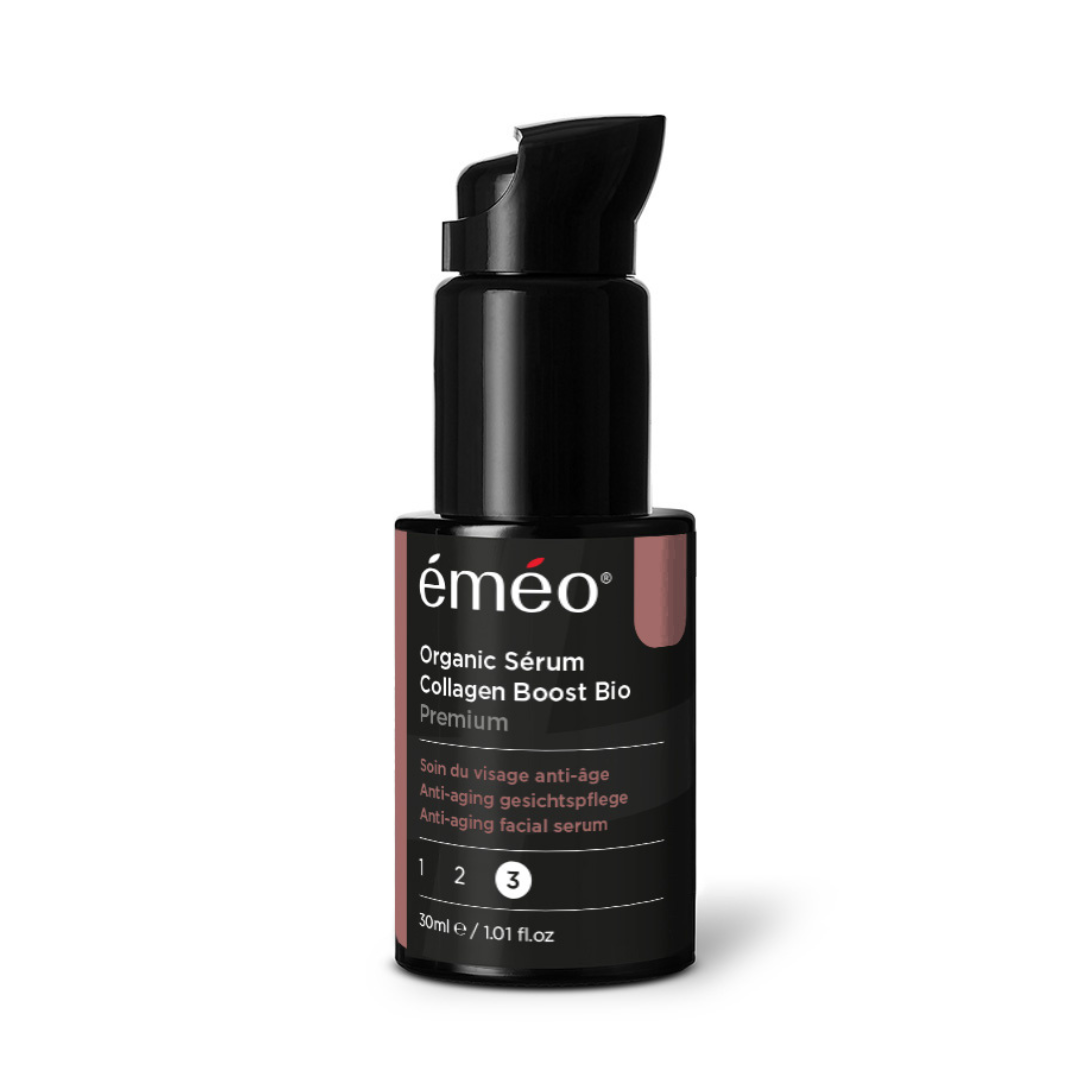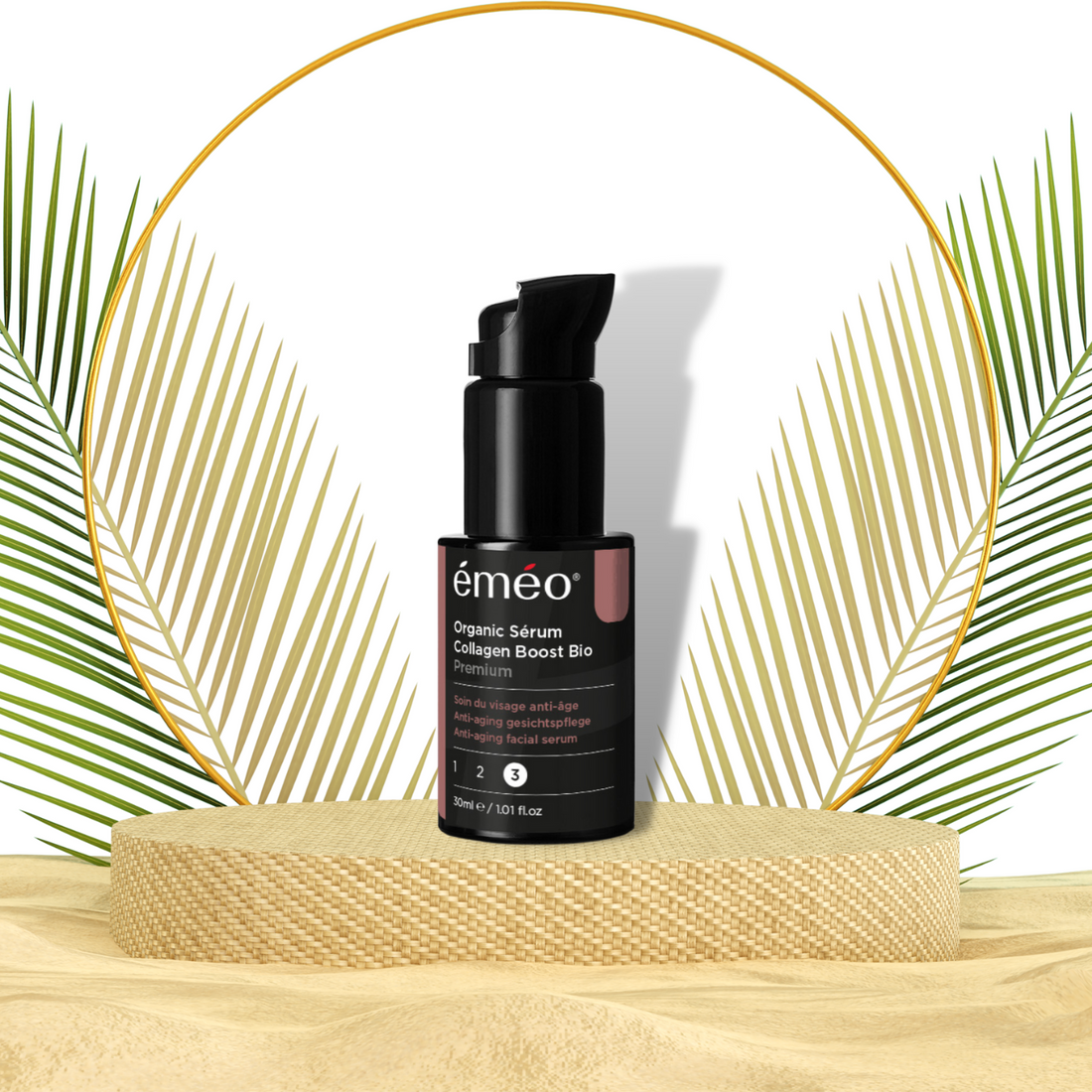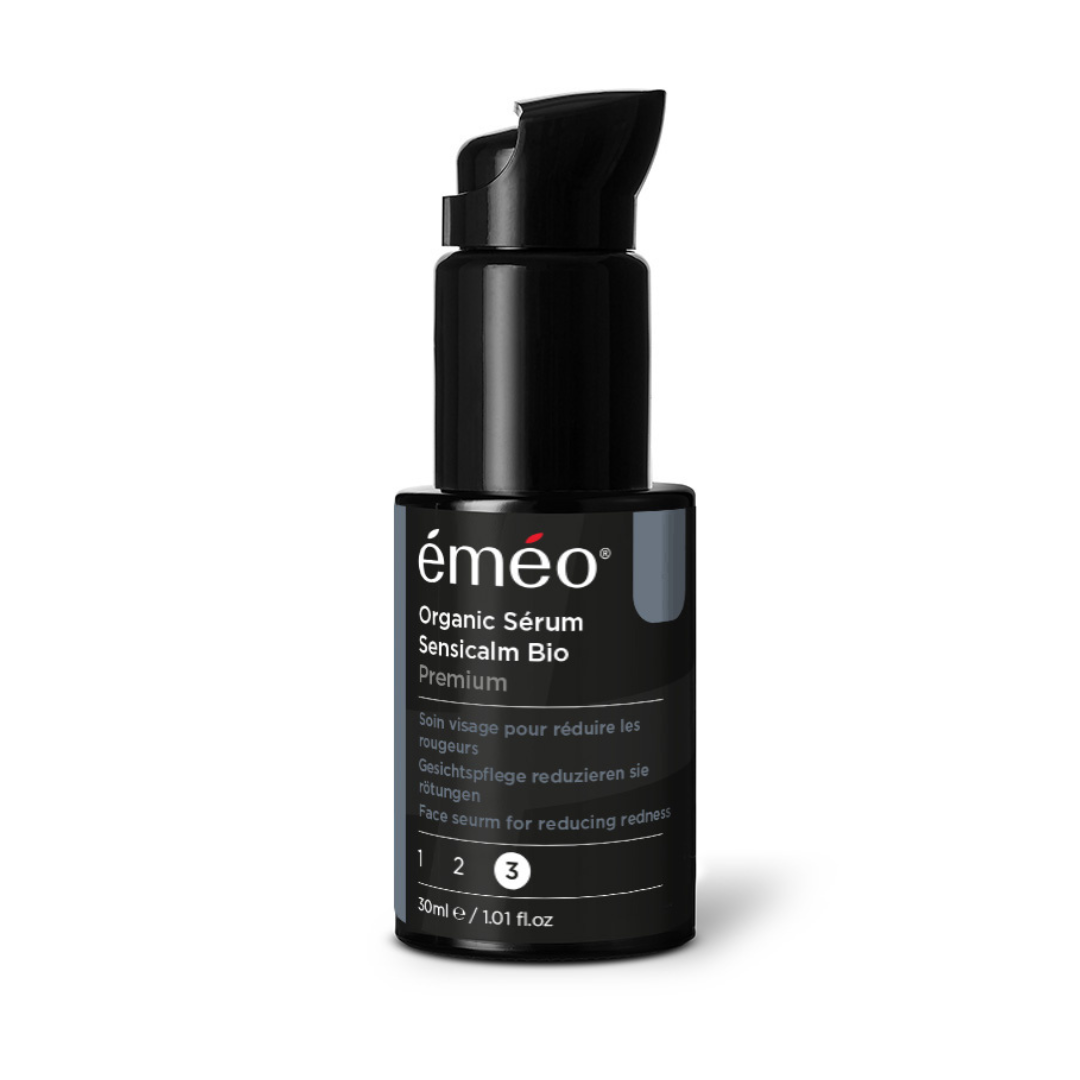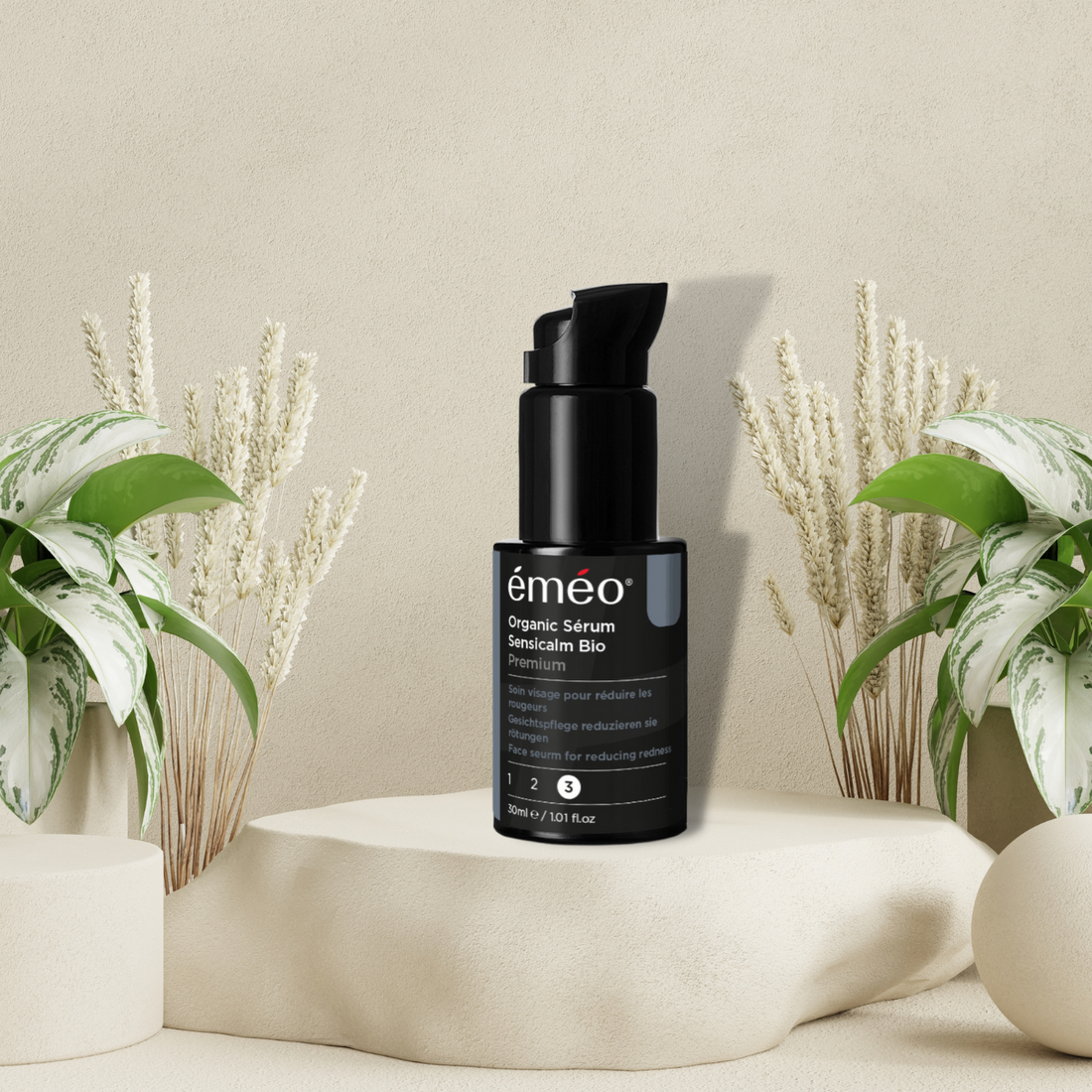Skin desquamation, commonly known as skin peeling, represents a fascinating process of cell regeneration in the epidermis. This phenomenon, though natural, can sometimes be a sign of a more serious skin issue that requires particular attention. Let's explore in detail the causes, prevention, and treatment of skin desquamation.
What is Desquamation?
Desquamation is the normal or pathological process of removing the horny layer, also known as the stratum corneum, from the skin. This outer layer of the epidermis is present on various parts of the body, from the feet to the face and even the scalp. When this removal becomes excessive, especially on the scalp, it is commonly referred to as a dandruff problem.
Epithelial cells, originating from the horny layer, regularly detach, making way for constantly growing new cells. Thus, desquamation becomes a vital mechanism for cell regeneration, allowing the skin to heal after experiencing external factors (such as prolonged sun exposure) or internal factors (such as medication intoxication).
Who is More Susceptible to Skin Peeling?
Although desquamation can affect everyone, certain individuals naturally prone to dry skin, such as the elderly or children with eczema, are more at risk. Special attention is required for infants, whose delicate skin is in prolonged contact with various products, including diapers. The use of specific products is imperative to avoid skin irritation in babies.
Causes of Desquamation:
- Skin Allergy: Certain products or substances can trigger allergic reactions leading to desquamation. This can manifest as contact dermatitis, whether allergic or irritative, or even contact eczema. Common culprits include perfumes, unsuitable beauty products, or detergents.
- Skin Burns: Thermal, chemical, or sunburns can also lead to skin peeling. It is not uncommon to observe desquamation after such skin injuries.
- Dermatological Diseases: Some inflammatory conditions like psoriasis accelerate skin cell turnover, leading to desquamation. Other skin diseases such as measles, rubella, scarlet fever, fungal infections, seborrheic dermatitis, and even skin cancers in rarer cases can be the cause of desquamation.
- Other Causes:Medication reactions, vitamin D deficiency, excessively hot showers, tattoos (especially in the tattooed area), and an inadequate skincare routine can also provoke skin peeling.
Consequences of Desquamation
If desquamation is not addressed, it can lead to itching, potentially followed by skin lesions or local infections. For instance, skin peeling due to overexposure to the sun can leave behind more fragile cells, increasing the vulnerability of the skin on the shoulders, face, and back.
How to Treat and Prevent Skin Peeling?
- Hydration: In many cases, desquamation, like that resulting from sunburn, can be treated with adequate hydration. Drinking plenty of water is essential, given that our bodies are composed of about two-thirds water. Additionally, applying a serum tailored to your skin type can promote skin repair while maintaining optimal hydration.
- Exfoliation: In cases of inflammation, it is recommended to avoid aggressive exfoliation as it can worsen the situation. However, if desquamation is due to dry skin, gentle exfoliation can be beneficial. Finding a balance and avoiding overly aggressive exfoliation is crucial to prevent increased peeling. It is also advised not to forcibly remove dead skin flakes but rather let them naturally fall off, for example, during a shower.
In conclusion, well-maintained skin is crucial to prevent desquamation and promote a healthy appearance. Adopting a skincare routine tailored to your skin type, as recommended by the éméo product range, can reduce the likelihood of allergies, contribute to the reconstruction of the skin's natural barrier, and maintain optimal hydration. By taking care of your skin appropriately, you promote its health and overall well-being.






